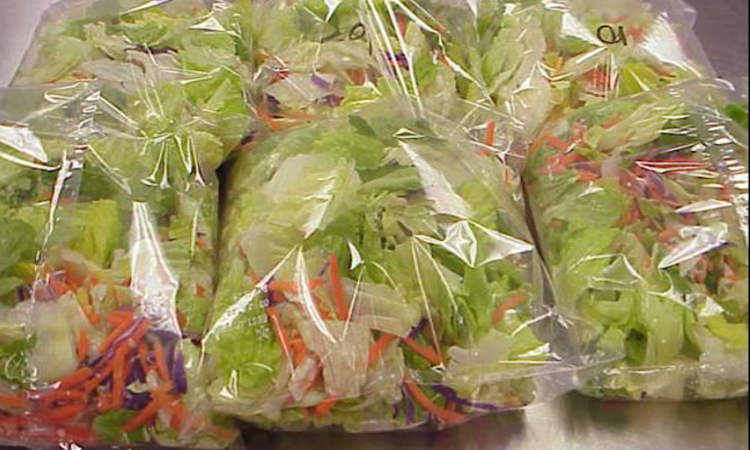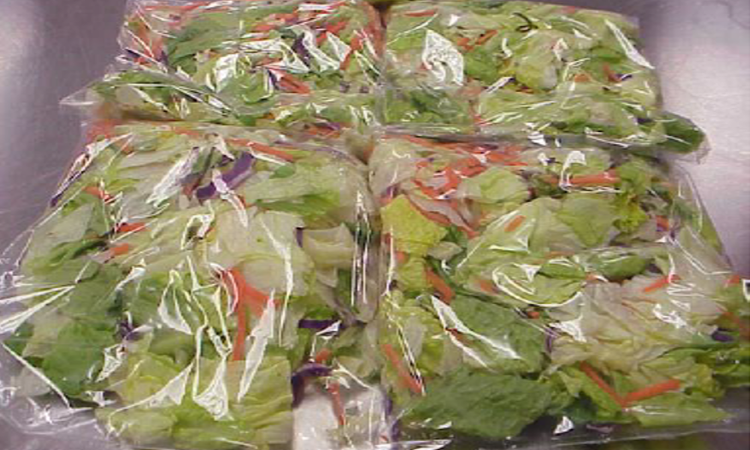After 35 years of working with the largest world producers of fresh produce to develop the actual flexible packaging used around the world, it was scary to find a salad bag with Ammonia smell before expiring date.
My initial reaction was to take the product back and return it, but considering that we are on a critical situation due to Corona Virus Government 4 weeks brake decide to analyze the bottom of the problem and share it to the brand producers.
The root reasons this is coming out of control are:
- Nobody respect patents because there are more machines to duplicate products (Clones), than experts to control them.
- Most of the Brand owners are investors who are no aware of the risk involve on poisoning customers.
- Governments lose control on intellectual property and people health, until the crisis arrive as on the actual pandemic one
After the philosophical comments, let’s go to basic science behind the fresh produce packaging.
- All Salads breath like humans take Oxygen of the air and release Carbon Dioxide, when they are on open spaces they breathe faster and shelf life is reduce to less than 24 hours. If you put them inside a bag with the O2-CO2 barrier required, they will last up to 14 days in healthy conditions.
- In the 90s we developed 2 options to make this to happen, the first one had micro holes to control the barrier on nice looking and crunchy feeling Bags and the second one softly and little hazy breathable lamination protected against external contamination due to the micro holes.
- If the O2 become less than 1% inside the bags, salads started a anaerobic process and produce ammonia and late botulism poisoning consumers.
All this technology was considering refrigerated conditions below 4 C.
Actual clone bags made in Europe and Asia are sold in tropical countries with the holes required by USA highly controlled cooling process, but in Latin America 90% of the supermarket did not comply the 4 C max control.
Samples done by myself at Soledad California USA on May 25, 2005 under shelf life testing.


